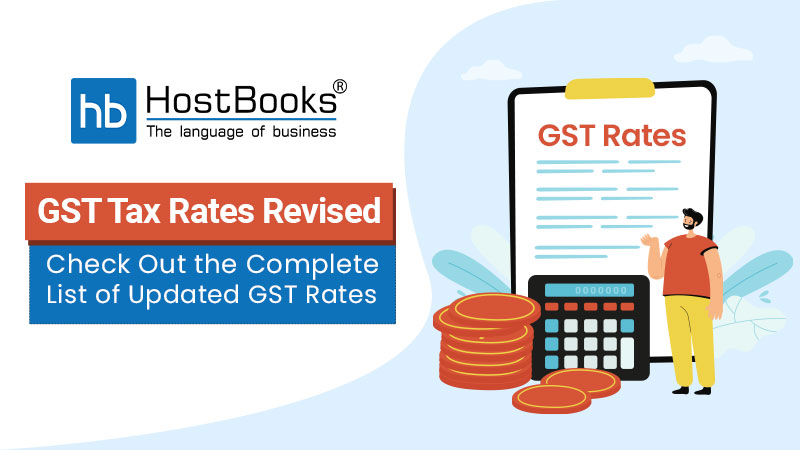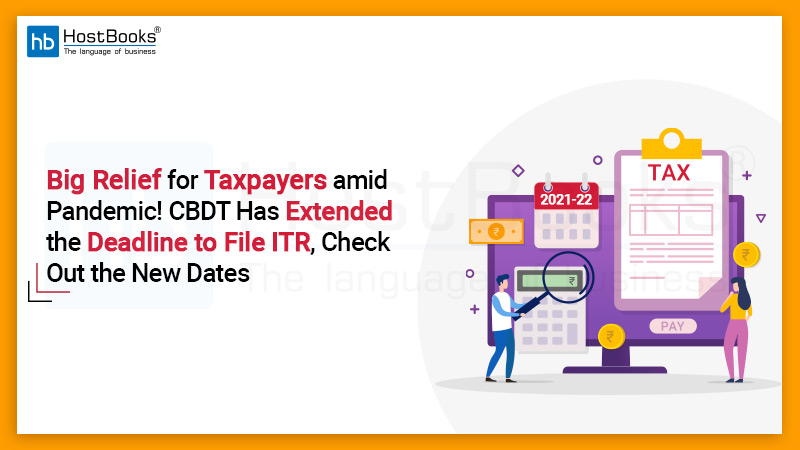
5 Basic Rules to Keep in Mind While Filing ITR On Time
July 2, 2019
No Input Tax Credit for Expenses Incurred on Promotional Schemes
July 5, 2019Source: The Economic Times
Fresh off winning a clear mandate in the national election in May 2019, Modi 2.0 is almost ready to bring out the first Union Budget of its second term. It is expected that this budget will be decisive in shaping the tone for administration and conveying the seriousness of the Government to revitalize business, which is reeling under the twin shock of a changing global trade scenario, as well as a reducing domestic economy. Interestingly, this budget will coincide with the second year anniversary of GST – which became the signature policy push of this Government, in its last tenure. The setting up of a parallel body in the GST council may have taken away the sheen from the Union Budget as an indirect tax instrument – but there shall be no stage better than the Parliament for the announcement of big bang reforms, which are real need of the hour.
Recently, the Government has acted quickly in the face of changing scenario through rationalization of rates and time extensions. At this critical junction for the Indian economy – addressing the challenge of a slowdown in domestic consumption faced by industries will provide an important signal of confidence from the Government. One of the options the Government may consider could be removing bottlenecks in the present GST structure, which are leading to operational costs. The first point where the Government could really look to ‘take off’ is the complicated tax structure applicable to Aviation Turbine Fuel. ATF continues to be taxed by Central and State Governments vide Central Excise and VAT laws, with rates varying widely between different states. Consequently, ITC is not freely available causing excessive outflow and undue tax burden on airline operators. The aviation sector has traditionally been a highly cost competitive environment, and the tedious taxation is adding to tightening of belts in the segment. Furthermore, the cost to the end passenger also increases multifold – which is neither in harmony with reforming the industry nor the Government’s goal of advanced connectivity.
The liquor industry faces a maze of regulations and compliances with the output being taxed under State Excise and VAT, while inputs are taxed under GST. Ineligibility of Credit is a firm cost issue for this sector, in a highly regulated market. Enterprises in the alcoholic beverage segment are currently a significant contributor to the revenue pool and have been making inroads into foreign markets. It is important that the alcoholic beverage segment is brought under GST as well, for uniformity and ease in compliance. Such a change will significantly affect revenues of the State, but the Centre should start working towards it and align this appropriately. A similar state of affairs exists in the case of other non-GST products, including electricity and petroleum. These products, which can be commonly termed as ‘universal inputs’ comprise a significant portion of India’s economy, making it unsustainable to continue to set them out from the GST structure. Non-inclusion of such major inputs definitely leads to cascading of taxes and inflation in the economy, which is completely undesirable.
It is expected that the Government on the second anniversary of GST would be well placed to undertake a substantial reform to include such non-GST products. This will dispense with the ‘jet lag’, the sectors are stuck in. Moreover, while the GST Amendment Act in 2018 took initial steps in liberalizing credit eligibility – businesses still feel that there is still a long way to go. Certain key inputs for businesses such as rent-a-cab, motor vehicles and construction of immovable property continue to be restricted, to the detriment of assesses. In addition, decisions passed by the Authority for Advance Rulings based on existing restrictions, cause further uncertainty in this sphere. For example, in a recent ruling by the AAR in West Bengal, it has been held that credit of motor vehicle purchase would not be allowed to an operator who is engaged in providing service of renting the same to enterprises. This interpretation, founded on an unduly restrictive interpretation of the law – could have wide-ranging implications for operators engaged in the renting space.
The imposition of such restrictions solely serves to proliferate disputes on credit eligibility, which was a defining feature of the previous tax regime. It is desirable that in the GST regime, a liberal and commercially sensitive approach is adopted to avoid a similar state of affairs. A broad-based tax needs a decidedly ‘broad mind’ in approach.

Try HostBooks
SuperApp Today
Create a free account to get access and start
creating something amazing right now!


















